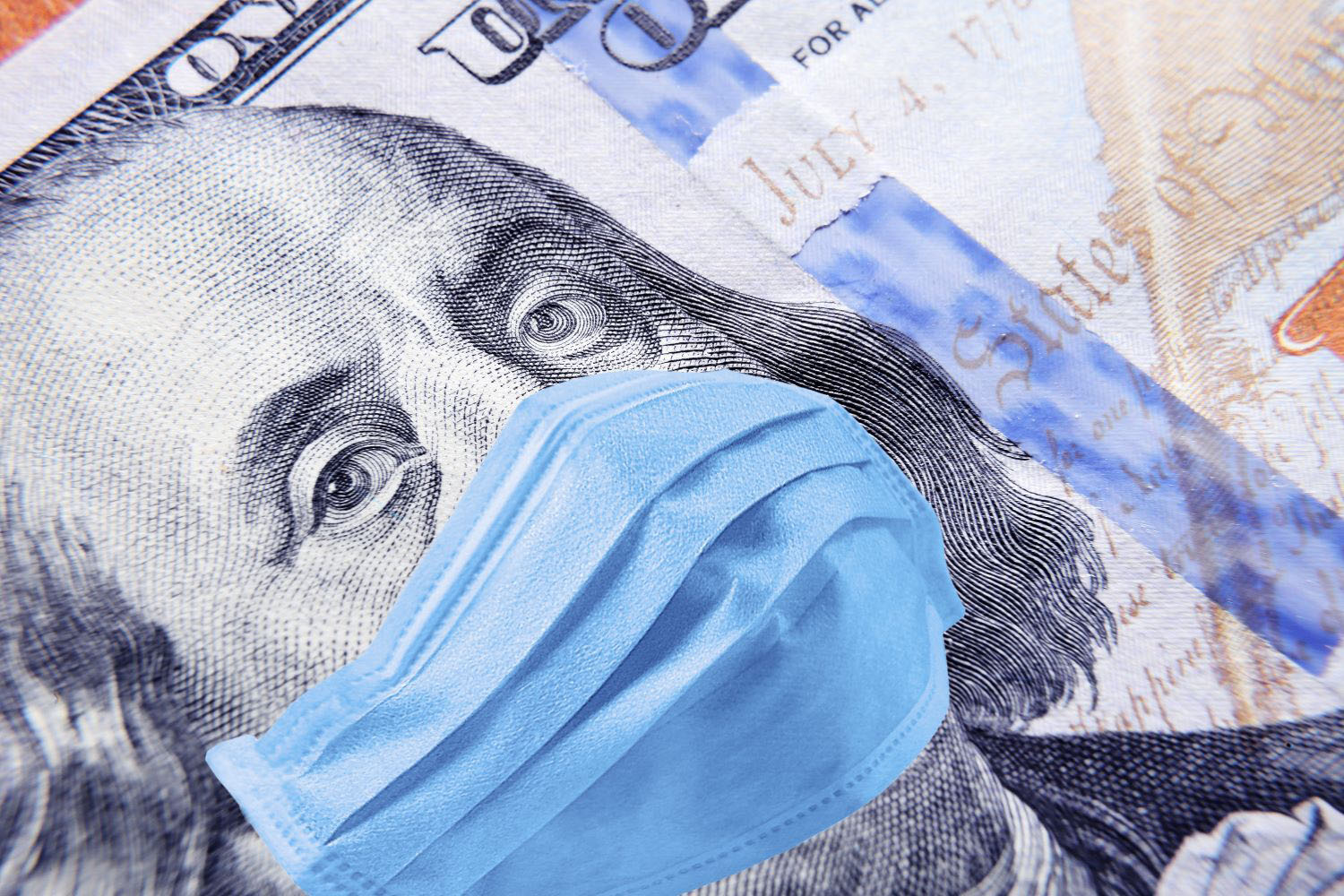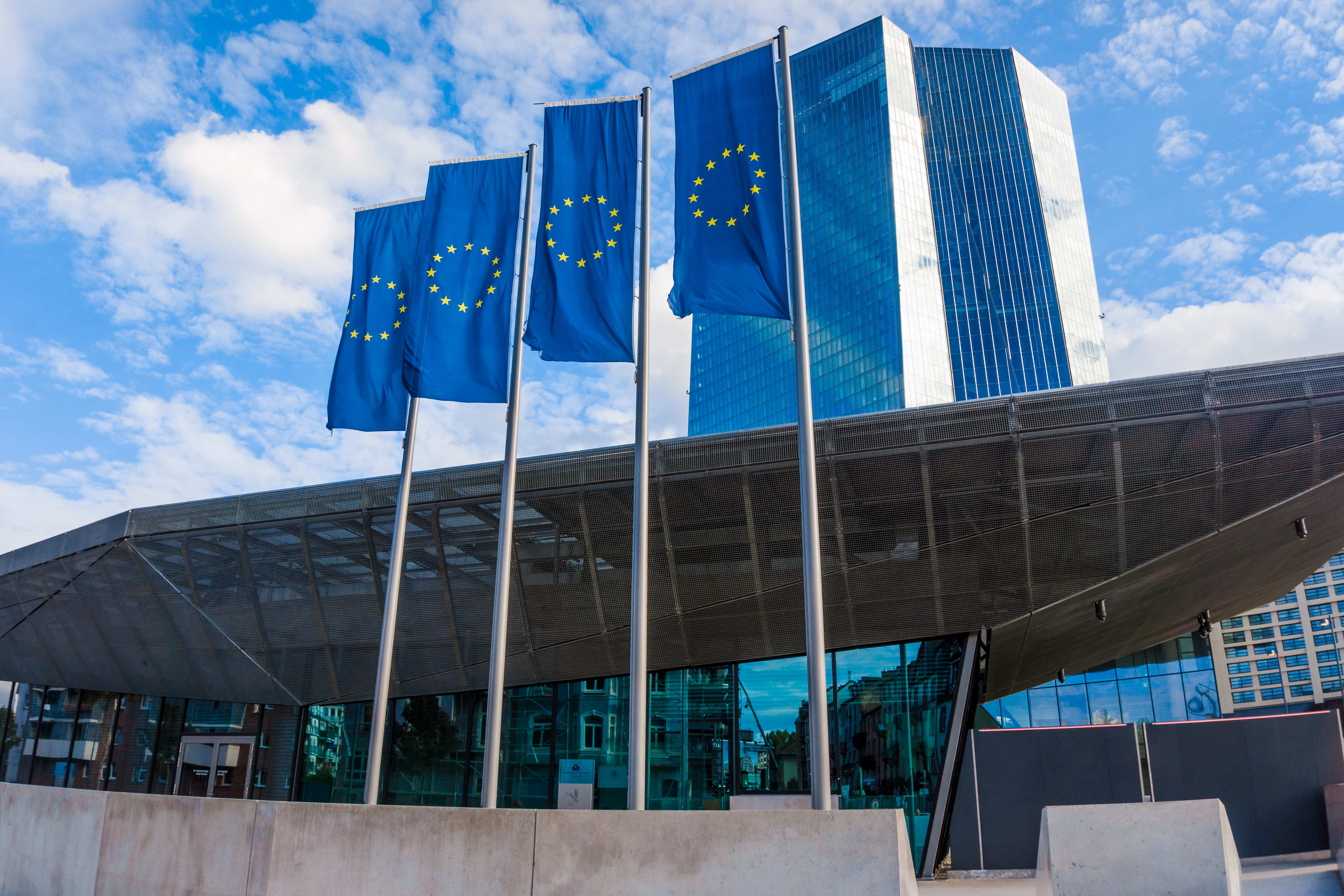Recommended
Recent statements from G20 finance ministers and “Sherpas” (representatives of G20 leaders) have been a rare positive note of cooperation and possible coordination in response to the COVID-19 pandemic. While short on details, these statements at least strike the right tone.
But it’s far from clear yet that G20 leaders, particularly President Trump, President Xi, and European leaders, are ready to return to the playbook of 2008 and 2009, which prioritized using the informal body to coordinate and make real commitments to respond to a global crisis. Memories are short, so it’s worth remembering that the Bush administration turned to the G20 out of necessity. Measures to respond effectively to the fast-moving financial crisis required coordination across the world’s largest economies, and the smaller G7 was not enough. China in particular had to be at the table. What was true then is certainly true today. G20 countries still comprise a large majority of the global economy, and they account for 85 percent of reported COVID-19 cases.
The risk now is that recent positive statements from representatives of the G20 leaders, which have barely registered in the media, will be overwhelmed by nationalistic rhetoric and international finger-pointing. President Trump has not made a public statement about the pandemic without using the opportunity to blame China, and now Europe, for the crisis. Equally concerning, Chinese officials are now pushing a conspiracy theory that the virus has its origins in the United States. The move by the White House to restrict travel from Europe provoked outrage from European leaders who were skeptical about the measure’s true intent. And China’s provision of aid to Italy was greeted with cynicism in Washington.
None of this is encouraging when it comes to the level of coordination that is needed between countries to deal with mitigating the pandemic itself and to pursuing the sweeping measures that will be needed to spur recovery from the inevitable global economic downturn. A decade ago, G20 leaders managed to avoid public recriminations and conspiracies and enable an atmosphere conducive to meaningful commitments to crisis response in a coordinated fashion. And unlike the recent statements by the Sherpas and finance ministers, the G20 leaders’ statements of 2008 and 2009 included binding and concrete commitments that guided national-level policy and the actions of multilateral institutions like the IMF and the World Bank.
Given the destructive rise in finger pointing from some leaders, a G20 leaders’ statement is needed now and shouldn’t wait until the scheduled summit later this year. And even though the United States is hosting a G7 summit early this summer, greater priority needs to be given to the G20, given the scale and reach of the pandemic.
Here is some of what is needed in a G20 leaders’ statement:
-
A clear commitment to coordination on pandemic response measures, with timely information sharing. Pandemic response measures that are economically damaging, particularly those like travel restrictions that affect economic ties between countries, will be closely coordinated, with clearly articulated and substantiated rationales and a commitment to unwinding these measures when those rationales no longer hold.
-
A commitment to cooperation, including openness to mutual assistance. With G20 countries at different stages of the pandemic, there is clearly value in member countries engaging directly with each other on pandemic measures. This includes the United States and China.
-
A commitment to pursue multilateral measures to avoid the next crisis, with concrete commitments to invest in preparedness, research, and prevention through multilateral mechanisms. These commitments should be specific in timelines, funding levels, and basic design.
-
A commitment to pursue economic measures, nationally and multilaterally, to address a global economic downturn. In particular, leaders of the G20 nations should announce a commitment to mobilize financing through the IMF and multilateral development banks that demonstrates maximum firepower. Recent announcements from the heads of the IMF and World Bank now look tepid relative to the potential scale of the pandemic’s global economic impact. But it is asking too much for the leaders of these institutions to define the necessary degree of boldness—that has to come from the leading shareholding countries of the IMF and World Bank, (ie, the G20 countries). In 2008 G20 Leaders committed the IMF and MDBs to provide $1 trillion in support for countries harmed by the crisis; that figure will likely need to be revised upward in line with need, as well the institutions’ abilities to scale up today.
In the United States, basic pandemic response measures like the provision of virus test kits have failed thus far, adding to fears about the ability of the federal government to act effectively. At the same time, state and local governments, along with private entities, have begun to launch aggressive measures. Just as in 2008, the best thing the United States can do for itself and the world is to address the crisis within its borders aggressively and effectively. Bold actions by the nation’s governors and CEOs are welcome, but these actors are not in a position to coordinate effectively with other countries. That responsibility lies with the federal government. During his presidency, President Trump has viewed the G20 as a forum to air grievances and little more. The G20 has to be more than that if we are to get the level of multilateral coordination that this unprecedented pandemic demands.
Disclaimer
CGD blog posts reflect the views of the authors, drawing on prior research and experience in their areas of expertise. CGD is a nonpartisan, independent organization and does not take institutional positions.






